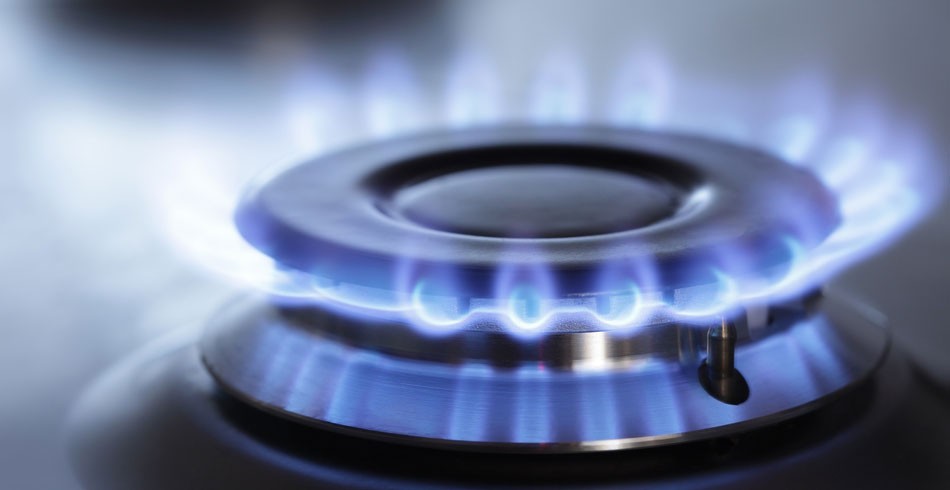The Independent Pricing and Regulatory Tribunal (IPART) has released its draft decisions on average regulated retail gas prices for 2016-17 and is seeking public comment.
IPART’s draft decisions allow for an average increase in regulated gas prices of 0.9 per cent across NSW in 2016-17, which is less than the rate of inflation. This follows an average 3.9 per cent reduction in regulated gas prices in 2015-16. From July 1, most residential customers on regulated prices would see a small increase in their annual bills ranging from $6 to $14 per annum, while ActewAGL’s customers in the Queanbeyan region would see a slight reduction of $2 per annum in their annual bills.
IPART chairman Dr Peter Boxall said IPART’s draft decisions are based on its assessment of pricing proposals submitted by AGL and Origin Energy in January, and a revised pricing proposal submitted by ActewAGL in April.
IPART considers the average changes in the retail component of prices (including wholesale gas costs, retail operating costs and margin) plus the pass through of network prices from July 1, 2016, as proposed by the Standard Retailers are reasonable.
Dr Boxall said the upward pressure on retail prices from rising wholesale gas costs has eased for the time being.
The draft decisions are based on forecasts of inflation and gas distribution network prices. There is considerable uncertainty around gas network price changes from July 1, 2016. This has a substantial impact on the changes in regulated retail prices, as network prices typically account for half the retail bill. Recently the Australian Competition Tribunal made a decision to set aside the Australian Energy Regulator’s (AER) revenue determination for the Jemena Gas Network and the AER subsequently appealed some aspects of this decision to the Federal Court.
“As a result the overall draft price changes from July 1 are uncertain. Once network prices have been determined, we will ensure that final network prices are passed through into regulated retail gas prices when we make our final decisions in June,” Dr Boxall said.
“IPART found that competition in the retail gas market is working effectively for around 95 per cent of small gas customers in NSW. There is also an improved outlook for competition for the remaining 5 per cent of customers in regional areas where there are currently only one or two active retailers. Our draft finding is that if the NSW Government decides to remove retail price regulation from July 1, 2017, this would likely promote further competition across NSW,” Dr Boxall said.
Only around 20 per cent of small gas customers in NSW remain on a standard contract with prices regulated by IPART. The remainder has signed a contract in the competitive market, usually receiving a discount to the regulated price.
Customers can shop around for a better deal on the electricity and gas bills using the Australian Government website www.energymadeeasy.gov.au.
The Review of regulated retail prices and charges for gas from 1 July 2016 – Draft Report is available on IPART’s website www.ipart.nsw.gov.au. Submissions are due on May 11 with the Final Report to be released in June, for implementation on July 1, 2016.







